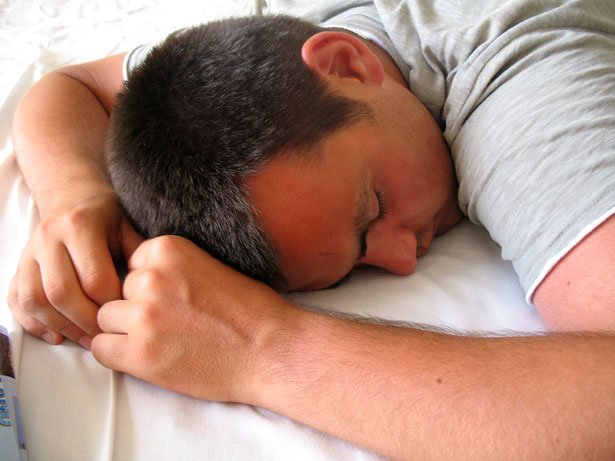“Social Apnea: The Weekend Sleep Disorder Trend You Need to Know About”
Late nights, alcohol consumption, and smoking on weekends may be more than just guilty pleasures that disrupt your Monday mornings. According to researchers from Flinders University, these lifestyle choices could be triggering a newly identified sleep health concern known as “social apnea.”
Published in the American Journal of Respiratory and Critical Care Medicine, a groundbreaking international study introduces social apnea as a novel trend in sleep medicine. This phenomenon refers to the weekend spike in Obstructive Sleep Apnea (OSA) severity, driven by irregular sleep patterns and lifestyle choices.
The research, which analyzed data from over 70,000 individuals worldwide, uncovered a consistent and significant increase in OSA severity on weekends. Experts from FHMRI Sleep Health coined the term social apnea to describe this concerning trend.
Lead author and Research Fellow Dr. Lucia Pinilla from FHMRI Sleep Health emphasizes the potential impact of social apnea on public health. She notes that most clinical diagnostic testing for sleep apnea is conducted on a single night, typically a weeknight, overlooking the weekend effect now known as social apnea.
The study found that participants were 18% more likely to experience moderate to severe OSA on weekends (Saturdays) compared to mid-week (Wednesdays). Changes in sleep schedules, such as staying up late on weekends or sleeping in, were identified as exacerbating factors for sleep apnea.
Furthermore, sleeping an additional 45 minutes or more on weekends increased the risk of worsened sleep apnea by 47%. Men were 21% more likely to be affected than women, and younger adults under 60 had a 24% higher risk on weekends compared to those aged 60 and above.
Professor Danny Eckert, Director of FHMRI Sleep Health, highlights the significance of this weekend surge in sleep-disordered breathing. He notes that alcohol use, lighter sleep, and inconsistent OSA therapy adherence may contribute to the phenomenon of social apnea.
A separate study published in Communications Medicine by lead author Dr. Bastien Lechat suggests that similar mechanisms may drive seasonal variability in OSA severity. OSA tends to worsen during summer and winter, with severity increasing by 8–19% compared to spring and autumn. Factors such as higher temperatures disrupting sleep and changes in sleep stages were identified as contributors to this seasonal spike.
These findings underscore the importance of multi-night sleep assessments and personalized approaches to diagnosing and treating OSA. Professor Eckert emphasizes the need for maintaining a regular sleep routine to combat social apnea, recommending consistent sleep schedules, prescribed OSA therapy usage, and adequate restorative sleep.
OSA is a prevalent sleep disorder affecting approximately one billion individuals globally, with untreated OSA increasing the risk of various health conditions. Individuals concerned about their sleep should consult with their healthcare provider for further evaluation and treatment options.
For more information:
Lucía Pinilla et al. “Social apnea”: Obstructive sleep apnea is exacerbated on weekends, American Journal of Respiratory and Critical Care Medicine (2025). DOI: 10.1164/rccm.202505-1184RL
Bastien Lechat et al. Obstructive sleep apnea severity varies by season and environmental influences such as ambient temperature, Communications Medicine (2025). DOI: 10.1038/s43856-025-01016-0
Stay informed and prioritize your sleep health to combat social apnea and improve overall well-being.
Provided by Flinders University
Citation:
Weekend habits linked to new sleep disorder trend: ‘Social apnea’ (2025, August 13) retrieved 18 August 2025 from https://medicalxpress.com/news/2025-08-weekend-habits-linked-disorder-trend.html
Remember, this content is subject to copyright. Reproduction without permission is prohibited. This information is provided for educational purposes only.


